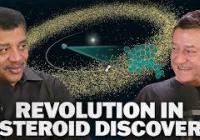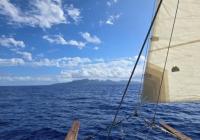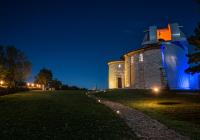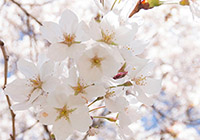
Recent News
Will the Rubin Observatory prove Einstein wrong? Neil deGrasse Tyson & Chuck Nice answer queries about the new observatory, the Legacy Survey of Space and Time (LSST), and our next big tool to uncover the universe with Zeljko Ivezic, Director of Rubin Observatory Construction.
Youtube program
Title: Astronomy Europe: Hands-on with Telescopes, Observing, and AI in Astronomy
Perched on a high, flat-topped mountain called Cerro Pachn, the Rubin Observatory was conceived back in the 1990s to give astronomers the unprecedented ability to probe the cosmos in every dimension. With a wide and deep view of the sky, Rubin can investigate some of the universes slowest, most eternal processes, such as the assembly of galaxies and the expansion of the cosmos.
Theres a space battle brewing just under our noses (and above our heads). On one side are astronomers who use ground-based observatories to gather starlight from the depths of the universe. On the other are technologists, military planners and captains of industry who are rapidly cocooning our planet in ever growing swarms of starlight-spoiling satellites.
What will Rubin Observatory discover that no ones expecting? Neil deGrasse Tyson and comedian Chuck Nice learn and answer cosmic queries about the Vera Rubin Observatory, the Legacy Survey of Space and Time and our next big tool to uncover more about the universe with Zeljko Ivezi, professor of astronomy at the UW.
Just the third-ever confirmed interstellar object has been detected in our solar system. Here's what we know. (Spoiler: It's not aliens.) Sarah Greenstreet, affiliate assistant professor of astronomy, is quoted.
University of Washington researchers are focused on a celestial light show with the groundbreaking Vera C. Rubin Observatory in Chile. The observatory, featuring the largest camera ever built, now offers a new "eye on the sky" thanks in part to UW's astronomy department. James Davenport, research assistant professor of astronomy at the UW, is quoted.
Some of the first images of space captured by the Vera C. Rubin Observatory in Chile were released earlier this week. In Seattle, researchers and students at the UW gathered to view the photos at the campus' planetarium on Monday. The university has played a big part in the development of the powerful telescope.
Astronomers and skywatchers alike gathered Monday at the UW to see the first colorful images from the worlds largest digital camera, discoveries that are expected to revolutionize the field of astronomy. The UW's eljko Ivezi and Mario Juri, both professors of astronomy, and Sam Charney, a student at the UW, are quoted.


